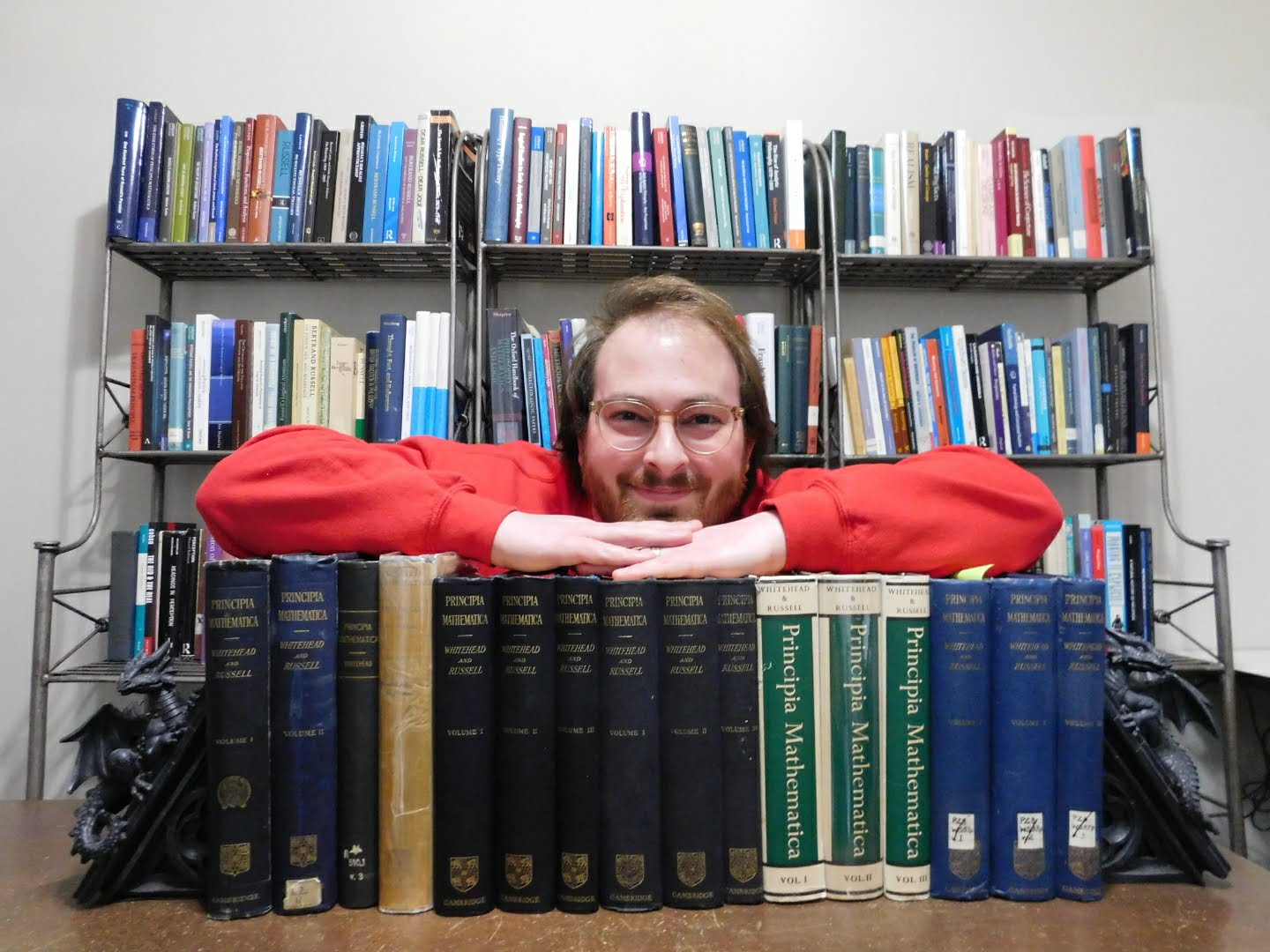Conceptual Engineering or Revisionary Conceptual Analysis?
Published in Dialogue, 2021
Abstract
Conceptual engineers have made hay over the differences of their metaphilosophy from those of conceptual analysts. In this article, I argue that the differences are not as great as conceptual engineers have, perhaps rhetorically, made them seem. That is, conceptual analysts asking 'What is X?' questions can do much the same work that conceptual engineers can do with 'What is X for?' questions, at least if conceptual analysts self-understand their activity as a revisionary enterprise. I show this with a study of Russell's metaphilosophy, which was just such a revisionary conception of conceptual analysis.
Recommended citation: Elkind, Landon D. C. (2021). "Conceptual Engineering or Revisionary Conceptual Analysis?: The Case of Russell's Metaphilosophy Based on Principia Mathematica's Logic" Dialogue 60(3), pp. 447-474. https://doi.org/10.1017/S0012217321000317
